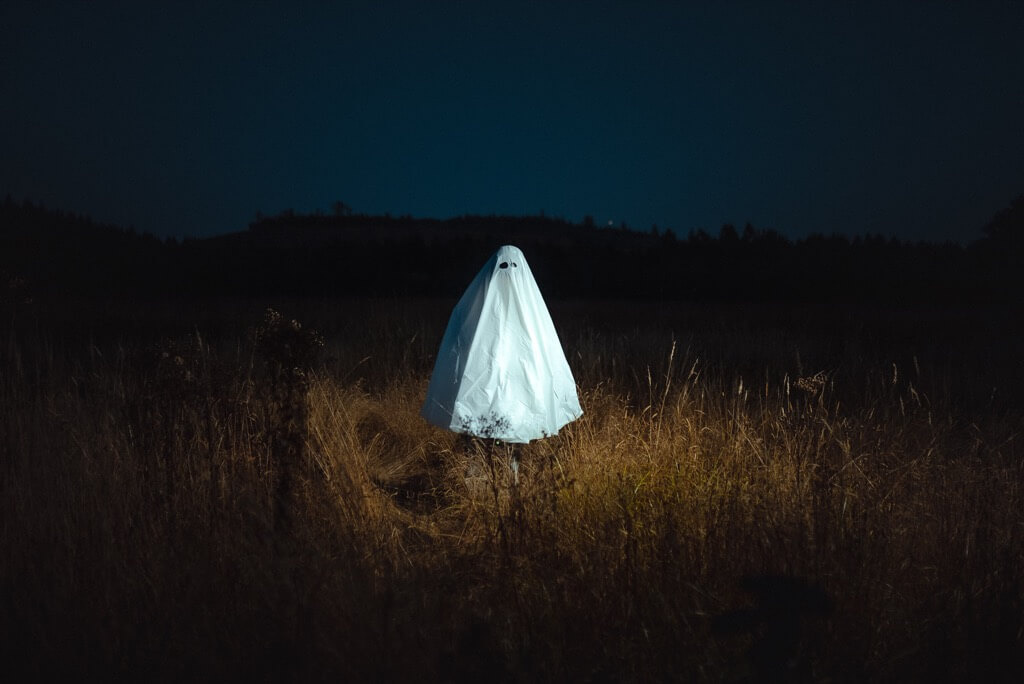
The Phantom Time Hypothesis suggests that the period between 614 and 911 AD never actually occurred and that we are currently living in what would chronologically be the 18th century. This theory was primarily put forward by Heribert Illig in 1991. Illig proposed that these 297 years were invented through errors in the Gregorian calendar reform, or perhaps through deliberate falsification of historical events.
Early calendars, such as the lunar-based ones of ancient Scotland dating back to 8,000 BCE, evolved significantly over time. The Babylonian calendar and the complex Mayan calendar systems further demonstrate the diversity in timekeeping across ancient civilizations.
Julius Caesar’s Julian calendar, established in 46 BCE and based on a solar year, was a step towards standardization. It remained dominant until the introduction of the Gregorian calendar by Pope Gregory XIII in 1582, which aimed to correct the discrepancies caused by the Julian system’s slight miscalculation of the solar year.
The transition from the Julian to the Gregorian calendar was primarily to realign the calendar year with the astronomical year and to ensure that the date of Easter remained consistent with the spring equinox.
However, Illig argued that the 10-day adjustment made during this shift was not sufficient, suggesting that Pope Gregory’s reform did not account for the accumulated discrepancy, which Illig believed should have been closer to 13 days.
The Phantom Time Hypothesis posits that architectural styles, reform events in the Byzantine Empire, and the spread of religions during the Phantom period do not align with documented history.
Yet, historians widely dispute these claims due to the circumstantial nature of the evidence and the lack of direct proof supporting a fabricated timespan. The hypothesis also neglects the myriad of records and astronomical events recorded during this period, which corroborate the conventional timeline.
Illig and fellow historian Hans-Ulrich Niemitz suggest that the missing time could have been a deliberate alteration by figures like the Holy Roman Emperor Otto III or Emperor Constantine VII, with motives ranging from fulfilling millenarian beliefs to restructuring Byzantine history. However, these claims are speculative and not supported by concrete evidence, leading the academic community to largely dismiss the hypothesis.
Assessing the Impact of Historical Conspiracy Theories
The influence of theories like the Phantom Time Hypothesis extends beyond their factual basis, spurring debates about the nature of historical evidence and trust in academic narratives. While the theory itself has been discredited, it raises important discussions on the validation of historical data. The Eurocentric bias of the theory is particularly telling, as it ignores the rich tapestry of global historical records that consistently overlap with European chronology, supporting the integrity of the traditional timeline.
Astronomical records, such as documented solar eclipses, provide immutable checkpoints against which historical accounts can be verified. When matched with modern astronomical calculations, these records from various cultures corroborate the established timeline, further challenging the hypothesis. Additionally, archaeological findings and dendrochronological data align with written histories, negating the possibility of a fabricated three-century gap.
Astronomical phenomena serve as a universal clock, indisputable in their occurrence and observable across cultures and geographies. These celestial events provide a means to cross-verify historical accounts and are pivotal in debunking theories like the Phantom Time Hypothesis. The precise nature of astronomical records, such as the AD 59 solar eclipse noted by ancient Romans and confirmed by modern science, offers a powerful counterargument to claims of historical fabrication. This precision showcases the reliability of historical chronology and underscores the implausibility of a global conspiracy to alter the timeline.
Conspiracy theories, while often baseless, can play a role in encouraging public discourse and critical thinking about historical narratives. The case of the Phantom Time Hypothesis illustrates this duality, prompting individuals to reexamine the evidence supporting our understanding of the past. This skepticism can be constructive when it fosters a deeper engagement with history and promotes a more thorough vetting of accepted facts. However, it is vital to approach such theories to seek truth rather than sowing unfounded doubt. Conspiracies like these, if left unchecked, can potentially erode trust in well-established historical knowledge and scholarly research, leading to a broader mistrust in academic and scientific institutions.
Conspiracy Theory Shockers
- Surveys on belief in various conspiracy theories occasionally touch upon the Phantom Time Hypothesis, though specific statistics are rare due to its niche status. However, it is estimated that only a small fraction of the population is aware of or gives credence to this theory. The specificity and complexity of the hypothesis, coupled with its lack of mainstream attention, result in its being a relatively obscure theory within the pantheon of historical conspiracies.
- Heribert Illig, who proposed the Phantom Time Hypothesis in 1991, has seen his works on the subject garner a modest following. Although there are no precise sales figures available to the public for all of his publications, they have been influential enough to spark international debate and inspire subsequent conspiracy theories related to chronology and history.
- Academic papers and peer-reviewed journals seldom address the Phantom Time Hypothesis directly, indicating its marginal status in the field of historical research. The negligible number of academic responses can be seen as a statistic that underscores the hypothesis’s lack of impact on serious historical discourse.
- Online engagement metrics, such as views and shares of articles or videos related to the Phantom Time Hypothesis, could provide insight into the public’s interest. However, concrete statistics on engagement levels for content specifically discussing the Phantom Time Hypothesis are not typically tracked or reported, reflecting the theory’s peripheral position in both the digital landscape and the broader cultural consciousness.
- While the Phantom Time Hypothesis suggests a large-scale manipulation of the historical timeline, modern dating techniques like radiocarbon dating and dendrochronology have not shown any significant anomalies that would support a missing period of 297 years. The absence of such discrepancies serves as a statistical reinforcement of conventional historical timelines and further challenges the claims of the hypothesis. Studies and tests using these techniques consistently validate the chronology of historical events and artifacts, contradicting the idea that a substantial period has been fabricated or lost.
Quick Tips To Avoid Conspiracy Theories
- As you encounter new information, train yourself to practice healthy skepticism. This means questioning the sources of your information, looking for evidence, and not immediately accepting every theory that challenges established knowledge. It’s vital to strike a balance between being open-minded and discerning, ensuring that your quest for truth doesn’t turn into a journey down an unfounded rabbit hole.
- Before you form an opinion on a matter as complex as historical timelines, make sure to cross-verify the information you come across with multiple reliable sources. Check for consensus among experts and consider the evidence from academic and scientific communities. By doing this, you can protect yourself from being swayed by a single, potentially biased perspective.
- Familiarize yourself with how scientific consensus is reached. This understanding will help you recognize the difference between widely accepted historical facts and fringe theories. Recognize that while history is often interpreted in various ways, the foundational events are generally supported by a multitude of converging evidence from different fields of study.
- Equip yourself with knowledge of basic historical research methods. This can include understanding how historians use primary and secondary sources or how archaeological dating methods like radiocarbon dating work. When you know how historical facts are established, you’re better positioned to evaluate claims like those presented in the Phantom Time Hypothesis.
- If you’re uncertain about a piece of historical information, don’t hesitate to reach out to experts or look into academic publications on the subject. Scholars and historians dedicate their lives to studying these complex topics and can provide insights that are not available in popular media or on conspiracy theory websites.



